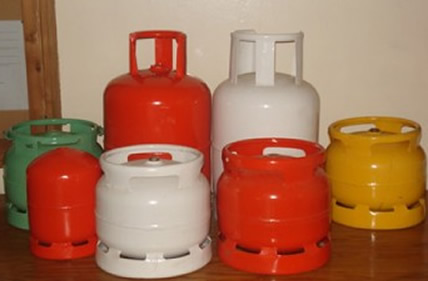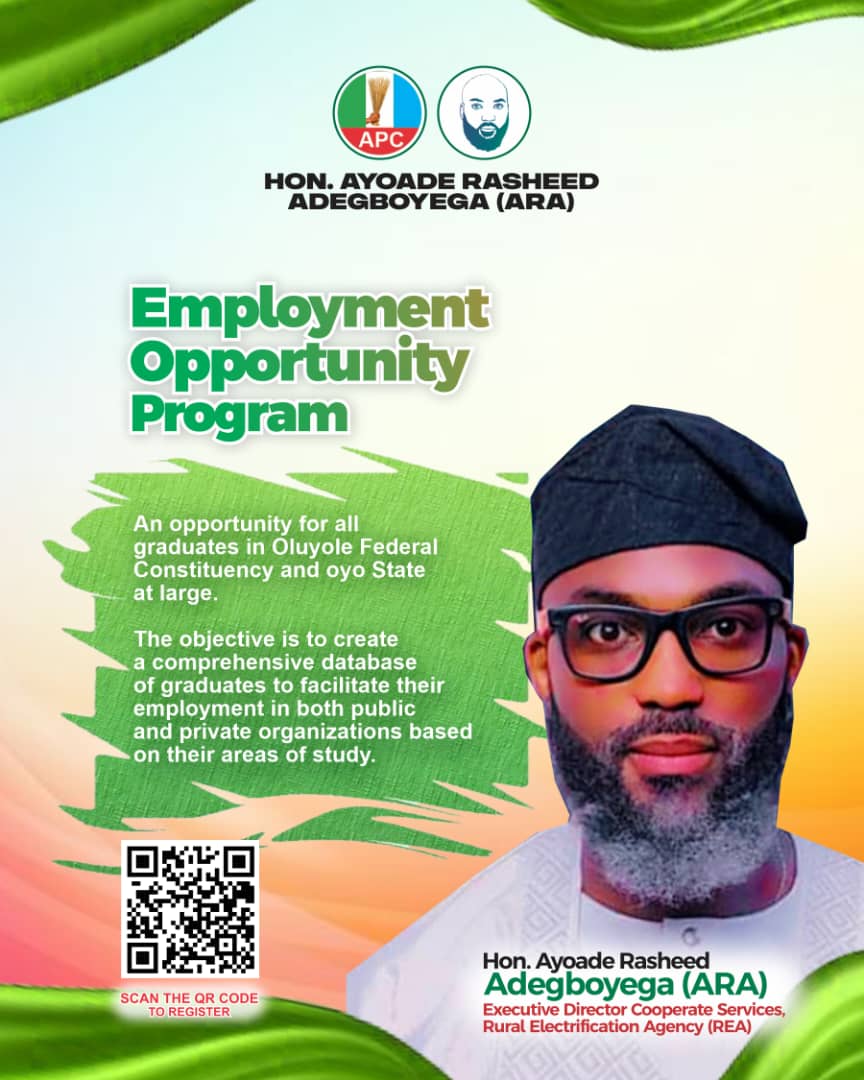The Federal Government, on Tuesday, commenced the free distribution of filled cooking gas cylinders, popularly called camp gas to rural women in the Federal Capital Territory, with a target of distributing it to 250,000 homes annually across the country.
It distributed the cylinders to over 1,000 women drawn from the various area councils in Abuja under the pilot phase of the programme, and stated that the distribution would be taken to other states in due course.
The Federal Ministry of Petroleum Resources is carrying the initiative under the Decade of Gas cooking gas outreach programme, as the Minister of State for Petroleum Resources (Gas), Ekperikpe Ekpo, flagged off the distribution exercise on Tuesday.
Speaking to journalists on the sidelines of the programme, the Coordinating Director, Decade of Gas Programme, Ed Ubong, said the distribution of cooking gas to rural women was in line with the President Bola Tinubu’s initiative on gas.
He said, “As part of the LPG (Liquefied Petroleum Gas) grassroot programme, we will be committed to see how we can move over a million cooking gas cylinders to mainly women in rural areas, which is why we came here in Apo. We could have stayed in the central part of Abuja, but here we tried to cover all the general areas in Abuja district.
“Cooking gas, of course, is cleaner. Nigeria has significant gas resources, so we partner with the private sector players, working under the supervision of the Minister of State for Petroleum Resources (Gas) to see how we deploy over one million cylinders, about 250,000 every year to all parts of Nigeria, regional areas and states.
“This is the pilot phase and we are committed towards this as we move more Nigerians to start using gas. Today we are distributing about 1,000 cylinders filled with cooking gas here in Abuja.”
Asked to state those funding the project, Ubong replied, “It is funded by the private sector. And we are giving it out for free. The gas cylinders are filled for free and they have stoves on them. Also, a training will be done for free.
“When we get the right sponsorship we may even begin to refill for free. But this is a journey we have taken and we hope Nigerians will support us to deploy as many cooking gas to rural women and eliminate all forms of charcoal, firewood and kerosene usage.”
On how beneficiaries were selected, Ubong said the Decade of Gas programme “worked very closely with the local council representatives who know where all the rural women are. The Smart Gas team also visited the women in their homes to be sure that we are giving out these cooking gas to the right women.
“A key part of this programme is documentation. Each of the women that received cylinders, we collected their numbers, we know their addresses and we will continue to work with them to ensure that they are actually utilising these gas cylinders.”
Ubong explained that all key players in the oil and gas sector were sponsoring the Decade of Gas programme, noting that funding for the free cooking gas distribution was coming from these sponsors.
“The Minister of State for Petroleum Resources (Gas) chairs the Decade of Gas Committee, but we have a huge range of sponsors, possibly everybody in the oil and gas sector. From indigenous oil and gas producers to international oil companies, they are part of the Decade of Gas programme,” he stated.
On his part, the gas minister said described the exercise as the inaugural LPG penetration programme and LPG bottle distribution, which is part of the clean cooking initiative of President Tinubu.
Ekpo said, “This event is a crucial milestone in our common journey towards a cleaner, better, and more prosperous Nigeria. This event is an ideal fit for the President’s theme, ‘From Gas to Prosperity; Renewed Hope.’
“We are not only introducing a programme today, we are on a mission to change millions of Nigerians’ lives in our six geographical zones. By 2030, we want to convert 250,000 houses a year to clean cooking gas, which is a lofty but attainable target.
“This programme is evidence of our steadfast dedication to lessening the over-reliance on solid fuels, which for a long time served as many households’ primary source of energy and include firewood, kerosene, and charcoal.”
Ekpo said it was impossible to overestimate the negative consequences of utilising these conventional fuels, as their contribution to deforestation, environmental degradation, and harmful health impacts from indoor air pollution was substantial.
“In order to ensure a cleaner environment, enhance public health, and promote sustainable development, we must encourage the usage and adoption of Liquefied Petroleum Gas. Our initiative today is a clear indicator that we are headed in the right direction and a direct reflection of that resolve.
“Additionally, the goal of this effort is to improve women’s inclusion and provide employment opportunities for our youth. Transitioning to clean cooking gas will be especially beneficial for women, who are disproportionately affected by the health effects of traditional cooking methods.
“We are advancing gender equality and economic empowerment by providing them with safer and more effective energy solutions,” the gas minister stated.
Sarah Tukura, who spoke on behalf of the FCT women, thanked the government and its partners for the initiative.
“We are grateful for this gesture and we thank the government and all its partners for coming up with this laudable initiative that will help us to stop using firewood and charcoal in our villages,” she stated.



